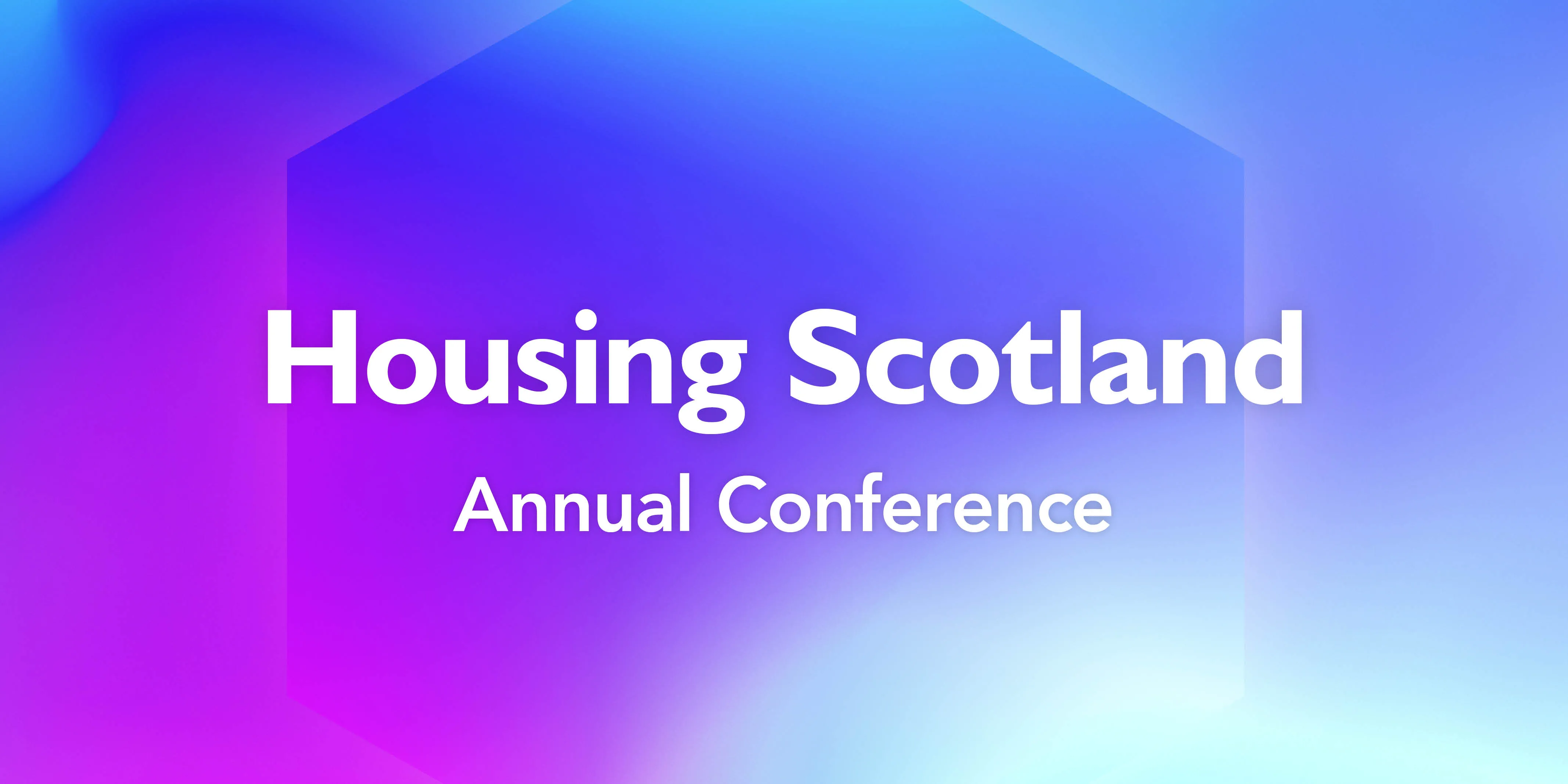Measuring carbon footprint at SFHA events – Annual Conference: Housing Scotland 22
By Mollie Stephen, SFHA Events Co-ordinator.
By Mollie Stephen, SFHA Events Co-ordinator.

As part of our efforts to run more sustainable events, we work with our events company, Conference Care, and its Carbon Consultancy to reduce the carbon footprint of our conferences. This work involves measuring the overall carbon footprint of our past events and looking at how we can make improvements for the future, and we recently examined the impact of our two-day Annual Conference. The event saw 327 delegates, 24 SFHA staff, and 21 exhibitors, attending the event over the two days, including 119 staying at the hotel for a night
The conference’s carbon footprint is:
14 tCO2e
To give context to this figure, the following all generate 1 tonne of carbon:
a Paris to New York flight
6,000 km in a diesel car
Carbon analysis – breakdown of event footprint:
Travel:
Travel footprint 3.25 tCO2e. This makes up 24% of the total footprint, which is significantly less than the industry average of up to 60%. This suggests that the location and venue chosen are a good fit, particularly as most travel (estimated 67%) was by train, which is the most sustainable means of transport currently.
Hotel:
The number of hotel stays represented 36% of the total event attendees, which would suggest the location and accessibility are a good carbon fit, and Radisson Hotel Group has a target of reducing carbon emissions by 30% by 2025.
The hotel has Ecosmart Gold accreditation which focuses on energy and water conservation, waste, recycling and plastics, rooms, consumables and facilities management, sustainable food and beverage management and corporate and social responsibility.
The meeting room impact is 1.83 tonnes in total. Globally, Radisson meetings are automatically carbon neutral through offsetting programmes.
Catering:
Catering is the largest part of the footprint at 7.5 tonnes, relating to lunch and tea/coffee service.
Tea/coffee service could be an area to focus on for future events, with reusable coffee cups and flasks in place, service would become on demand with consumption lowered and waste minimised.
Lunch choices primarily included meat which has a carbon impact of 4 tonnes. Removing meat on one day only would more than halve this to 1.94 tonnes. Food waste is up to 20%, which suggests managing catering numbers and style of service is an area for improvement.
Promotional materials:
Promotional materials from SFHA comprised delegates badges only as an event app was introduced for the conference.
In addition, four exhibitors who responded to the carbon tracker said they gave away brochures, stationery, cups, and water bottles at their stands. Encouraging exhibitors to limit materials could be a further area for improvement.
We will continue to review our carbon footprint, in line with our events sustainability strategy, to identify further opportunities to reduce the impact of our in-person events.